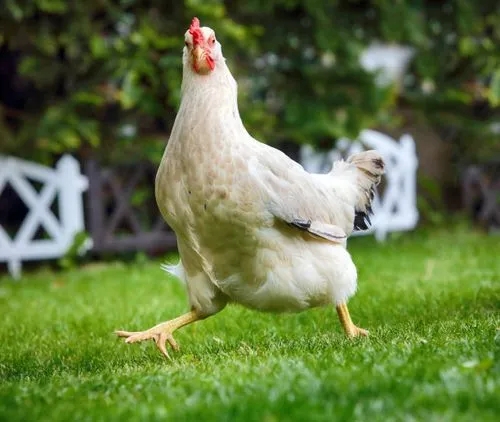
2-Ketoglutaric Acid, also known as α-ketoglutarate (α-KG), is a naturally occurring organic compound that serves as an important intermediate in the tricarboxylic acid (TCA) cycle. It plays a critical role in energy metabolism and amino acid synthesis within living organisms. When used as a nutrient in animal feed production, 2-ketoglutaric acid offers multiple benefits.
2-Ketoglutaric acid promotes protein synthesis in animals, which is significant for enhancing growth rates and meat yield. By activating the mTOR signaling pathway, it accelerates muscle growth, optimizing the growth performance of animals.
Adding an appropriate amount of 2-ketoglutaric acid to feed can improve meat quality. It helps to reduce body fat content and increase lean meat yield, making the meat healthier and more flavorful.
2-Ketoglutaric acid also possesses certain antioxidant and anti-inflammatory properties, enhancing the immune system and resistance of animals. By scavenging free radicals, it alleviates oxidative stress and protects cells from damage, thereby helping to prevent and treat various diseases caused by oxidative stress.
Furthermore, 2-ketoglutaric acid promotes the proliferation of beneficial gut bacteria while inhibiting harmful bacteria, maintaining intestinal microbiota balance. This contributes to improved feed digestibility and reduced incidence of gastrointestinal diseases.
Scientific Feeding Recommendations:
· Dosage Determination: The amount of 2-ketoglutaric acid in feed should be determined based on factors such as animal species, growth stage, and feeding conditions. Generally, it is recommended to add 0.1% to 0.5% of 2-ketoglutaric acid to the feed, with specific dosages adjustable based on actual circumstances.
· Uniform Mixing: Ensure that 2-ketoglutaric acid is evenly mixed into the feed to guarantee adequate intake by the animals.
· Observation and Adjustment: Monitor the growth and health status of the animals closely. If adverse reactions occur, promptly adjust the dosage of 2-ketoglutaric acid or discontinue use.
Precautions:
· Avoid Overuse: Although 2-ketoglutaric acid has positive effects on animal growth and metabolism, excessive use may lead to adverse reactions such as diarrhea and digestive upset.
· Storage Conditions: Implement measures to prevent moisture, mold, and insect damage to ensure the quality and safety of the feed.
As a nutrient in animal feed production, 2-ketoglutaric acid offers multiple benefits, including promoting animal growth, improving meat quality, enhancing immune system function, and improving the intestinal microbiome. However, it is important to pay attention to scientific feeding practices and avoid excessive use.